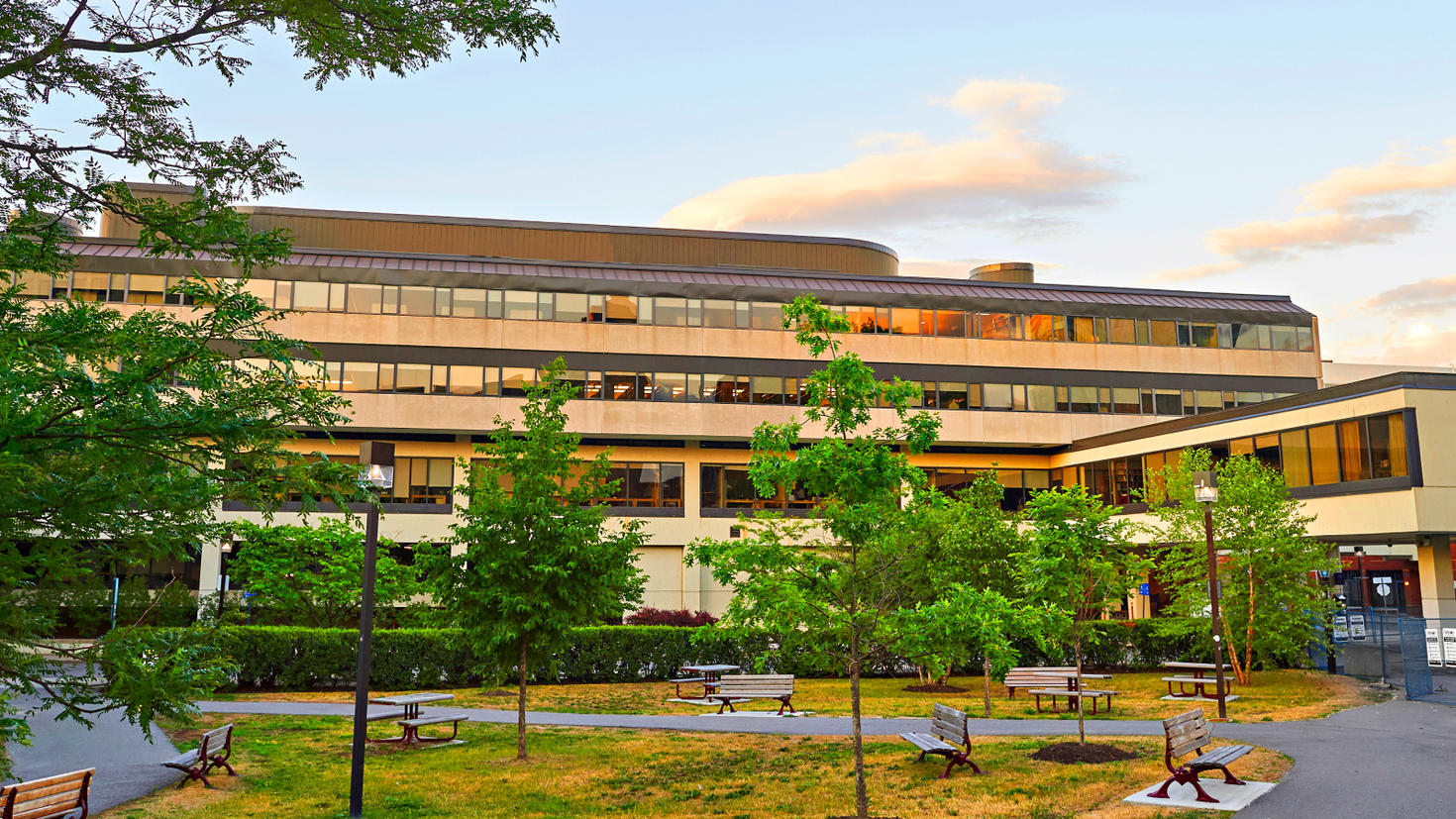By Kristina Reed, Social Media Strategist, the smallest steps
These are the words that open the smallest steps, a new documentary by local director Nicole Bedford. The project seeks to highlight the sustainable impact that small steps of change, whether physical or social, can have so long as they continue.
In centering the voices of budding and established activists (including survivors-turned-activists), Nicole and her team challenge the viewer to answer the question: “What small step can I take today to end violence against women?”.
A memorable point is made when human rights journalist Sally Armstrong reflects on her activism, thoughtfully concluding that “Activism starts when you activate your voice.”
This sentiment is shared by Jade, a then University of Ottawa law student completing her articles with family lawyer (and uO alumna) Leighann Burns (though, as Jade admits at the start of the film, even she struggles with raising her voice!). With her prior experience as a crisis counselor at Minwaashin Lodge Indigenous Women’s Support Centre, Jade saw law school as an opportunity to gain tools to help her clients navigate legal systems. As an Indigenous woman, Jade has a strong connection to anti-violence work as she’s experienced, heard and learned of the intergenerational impacts that both colonial and interpersonal violence has had on her family and her community.
With Leighann as her mentor, Jade gains insight into how activists use their voice, both to defend clients, as well as to advocate for broader legal and policy changes. For example, after Leighann, Jade, and a colleague attend a hearing in court to advocate for a client seeking custody of her children, they discuss how the hearing went. This scene not only shows the teaching environment Leighann fosters, but also offers an opportunity to view a court case through multiple lenses. As Leighann explains, violence, colonialism and the court’s lack of knowledge about both are huge factors impacting the case, so it's up to them as lawyers to address the case from a legal perspective, as well as decolonized and activist perspectives.
Overall, the heartbeat of this project is the necessity of collectivity in anti-violence work. As veteran activist and former Executive Director of Marjorie House in Marathon, Ontario Gloria Harris reminds us: “Listen to the women that have gone before and are still there. Listen to the history and find where you can begin your work.”
The Shirley E. Greenberg Chair for Women and the Legal Profession generously offered a contribution towards the film's post-production costs. The Greenberg Chair is designed to strengthen teaching, research and administration with respect to feminist perspectives on the law. It is also designed to maintain and foster links between women in the legal academy and women in the legal profession.
To learn more about this project and how you can get involved, please visit https://smalleststeps.ca/
